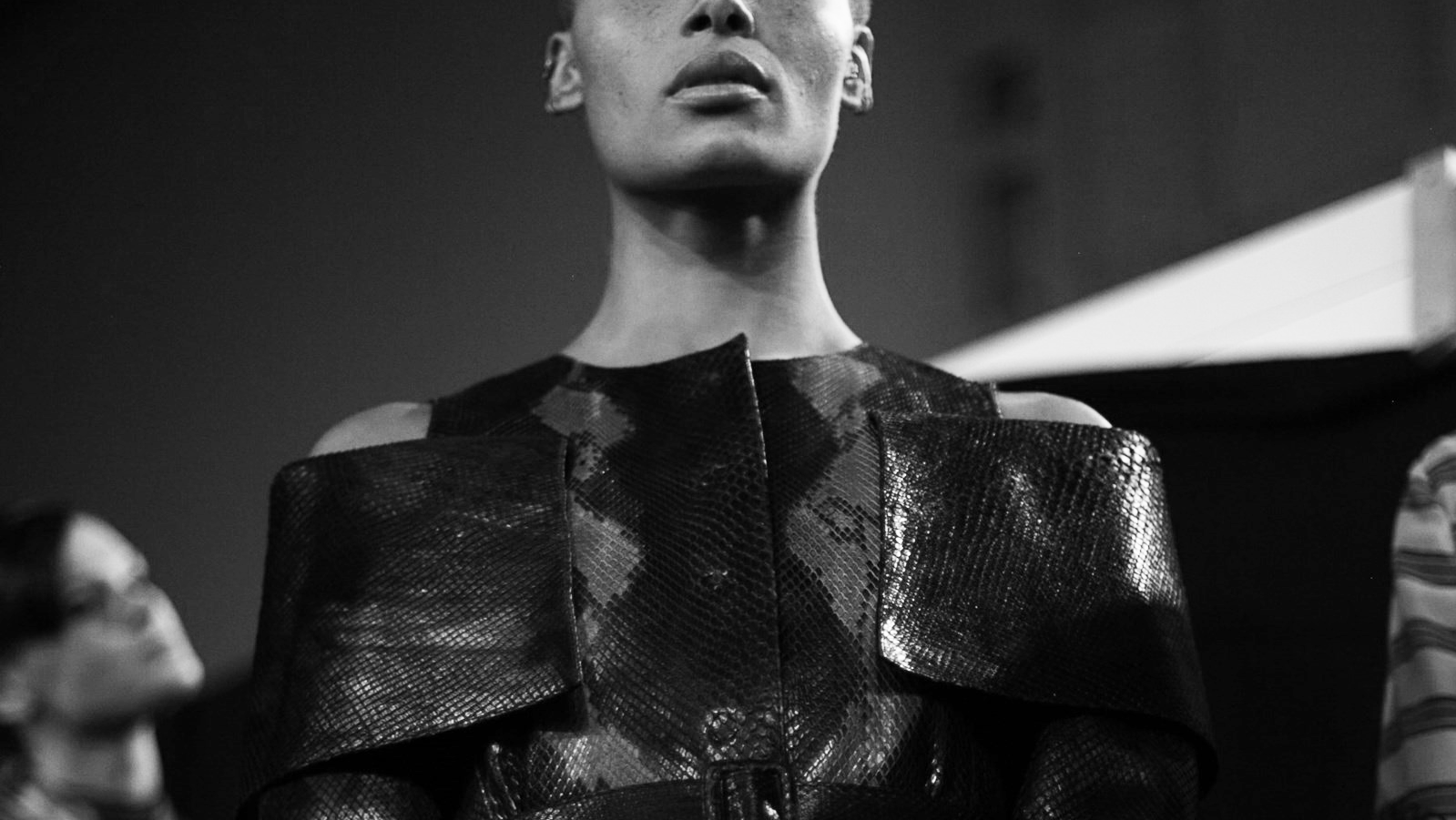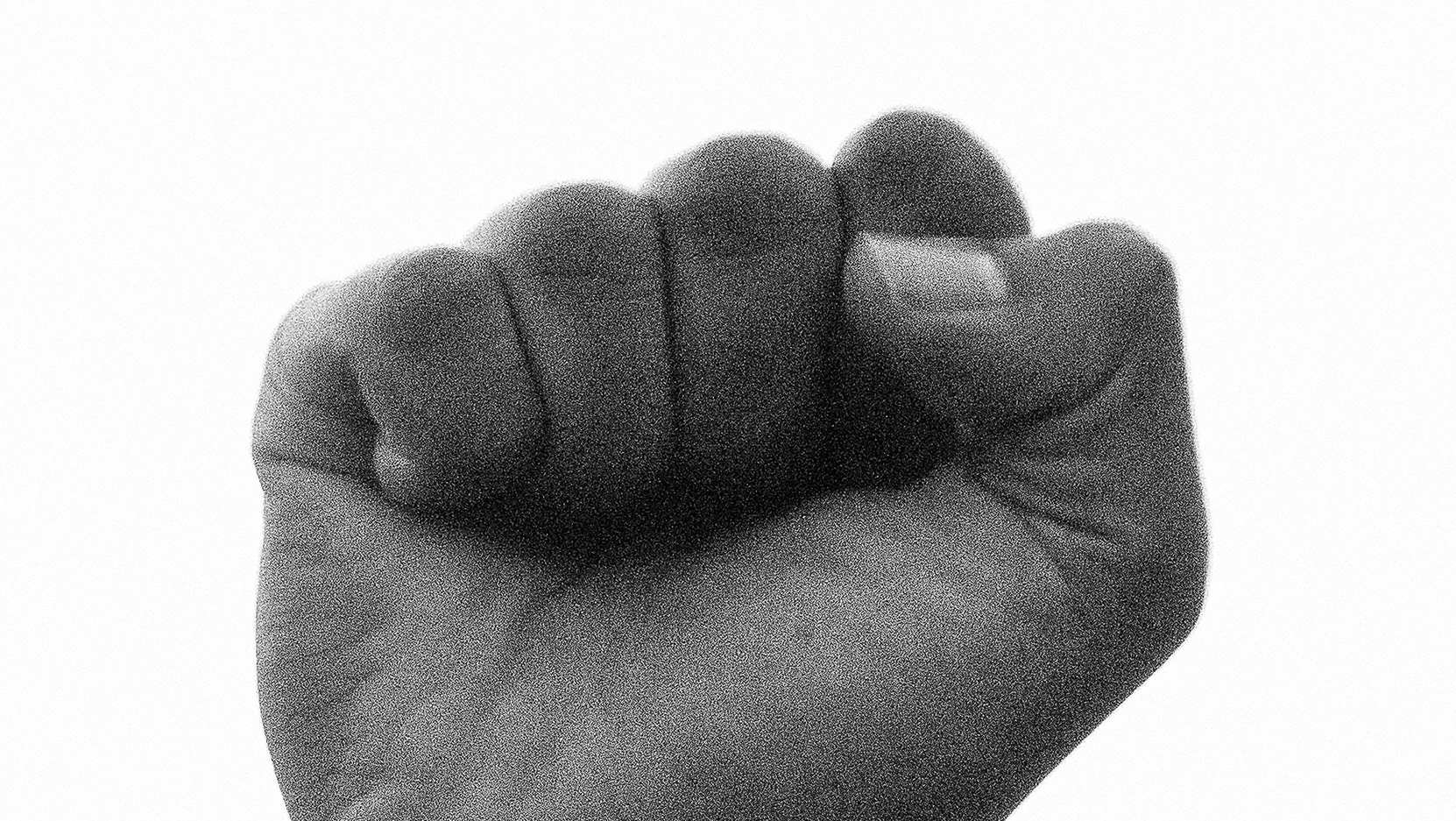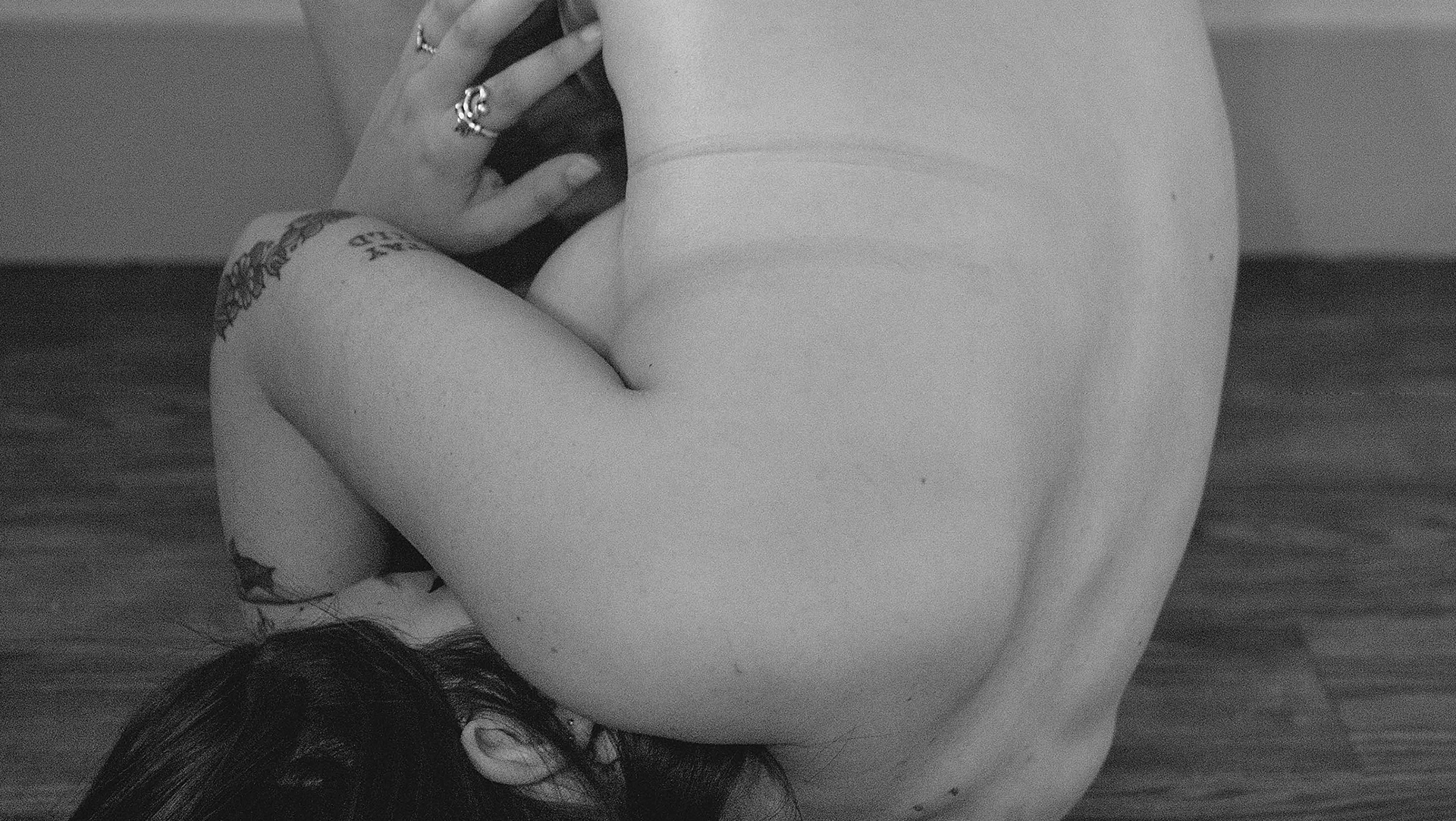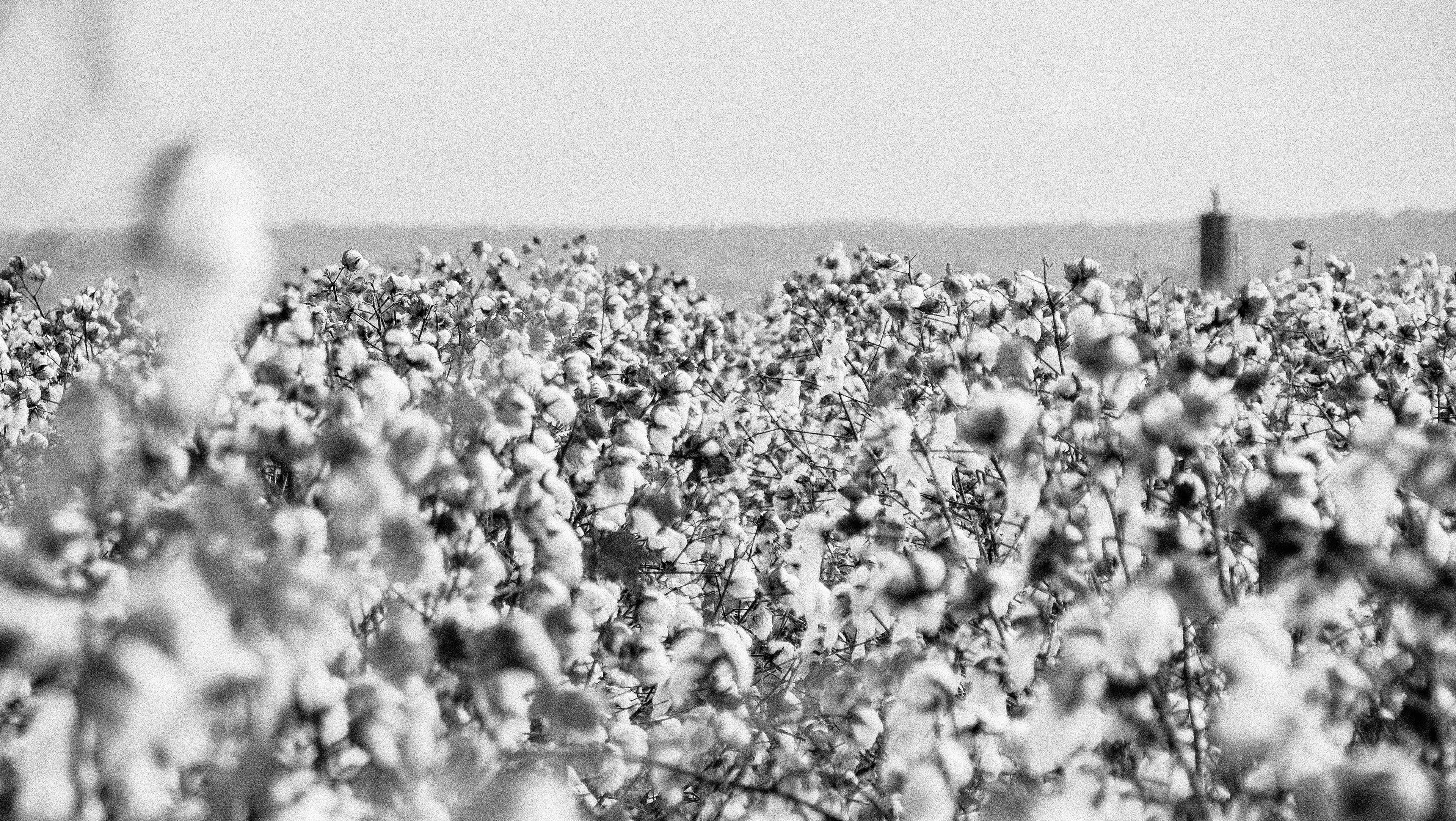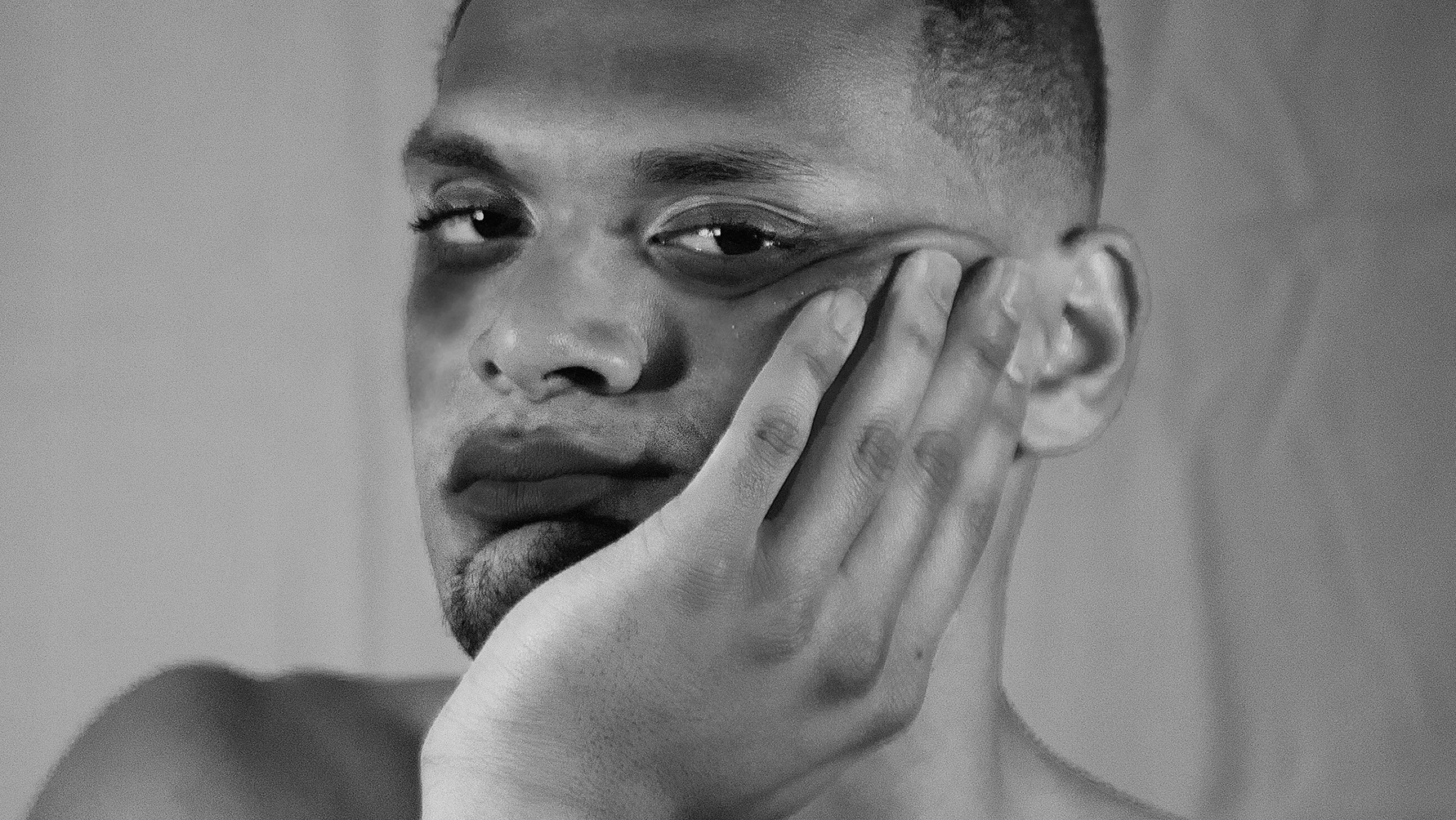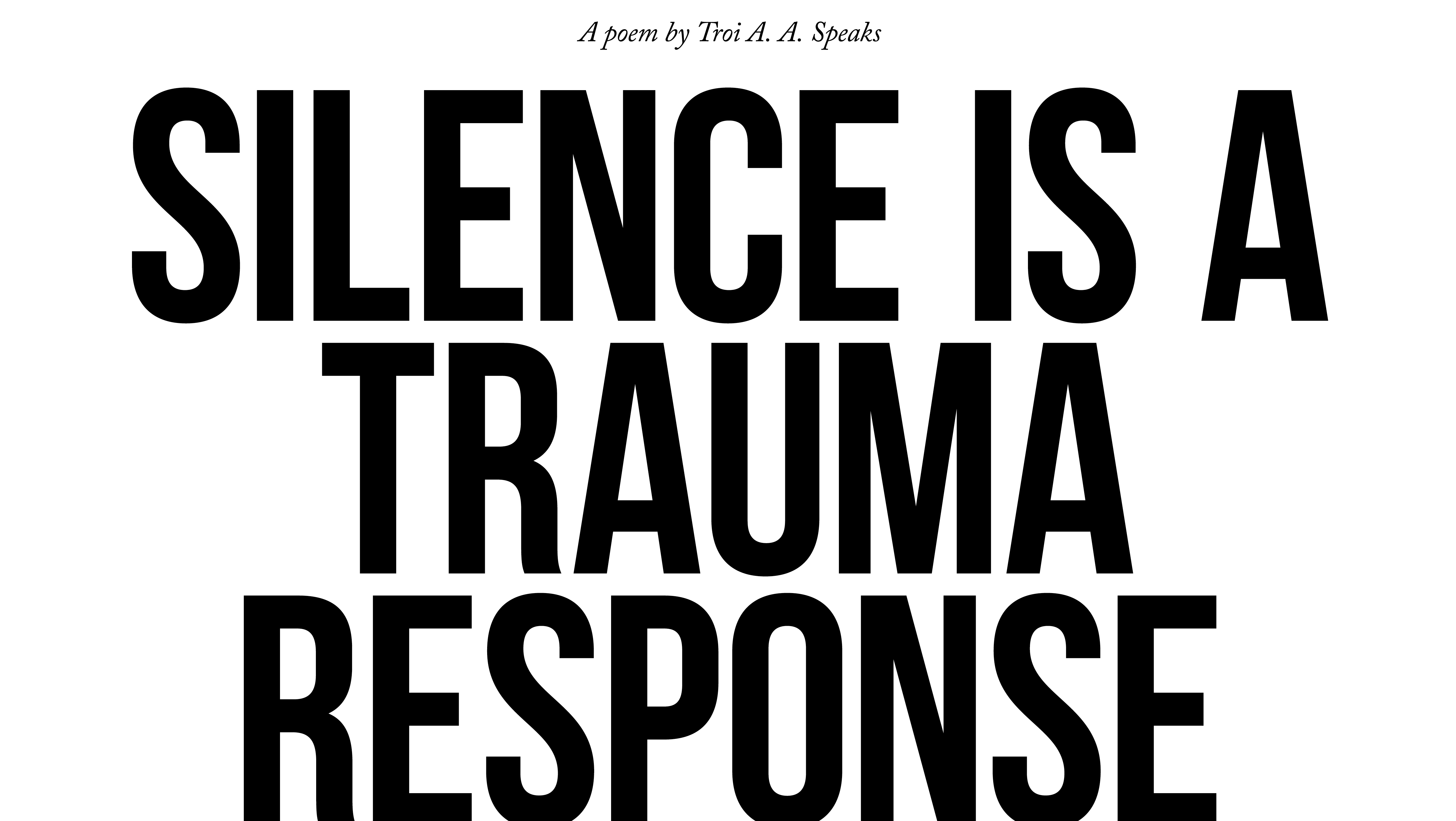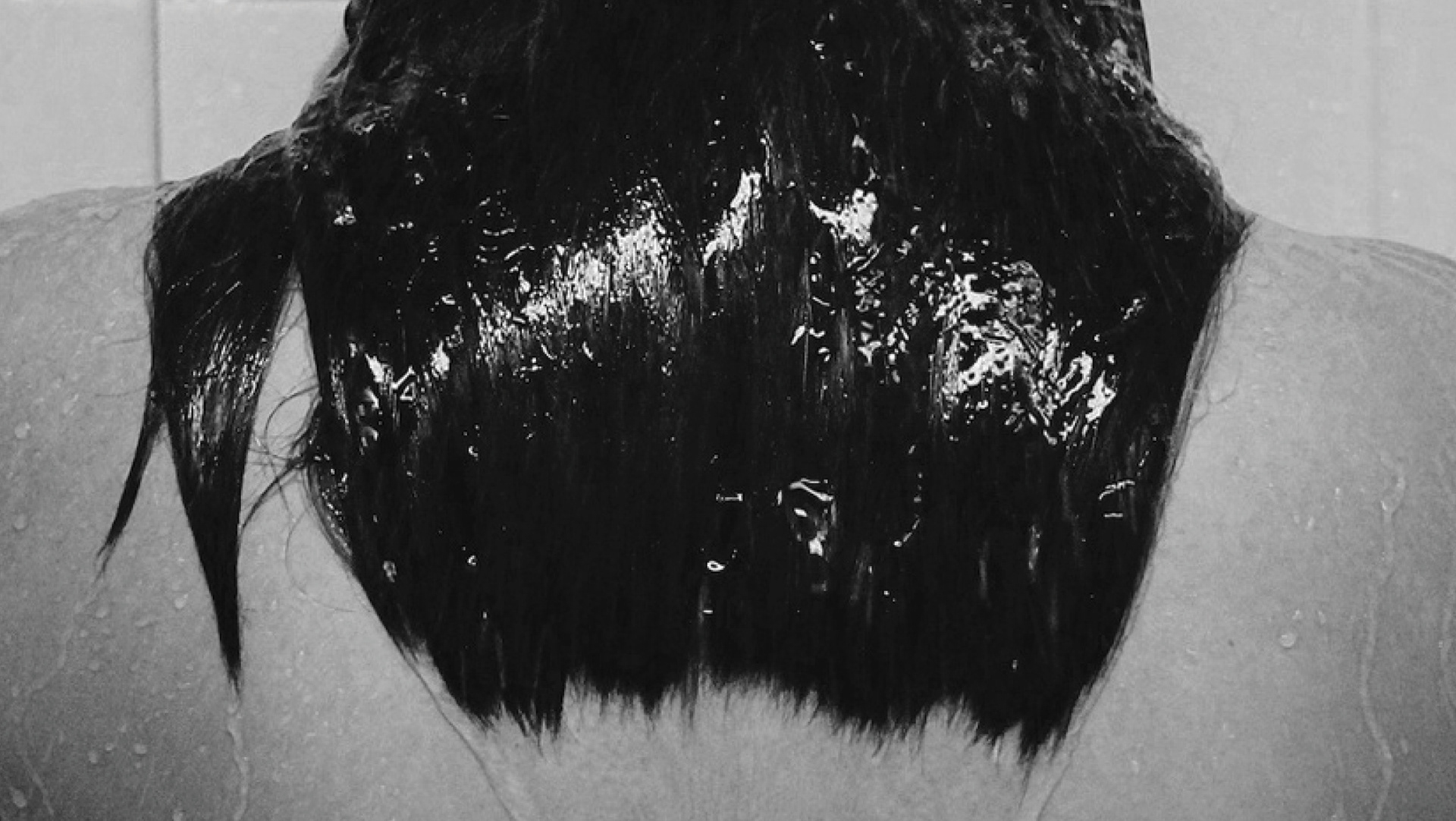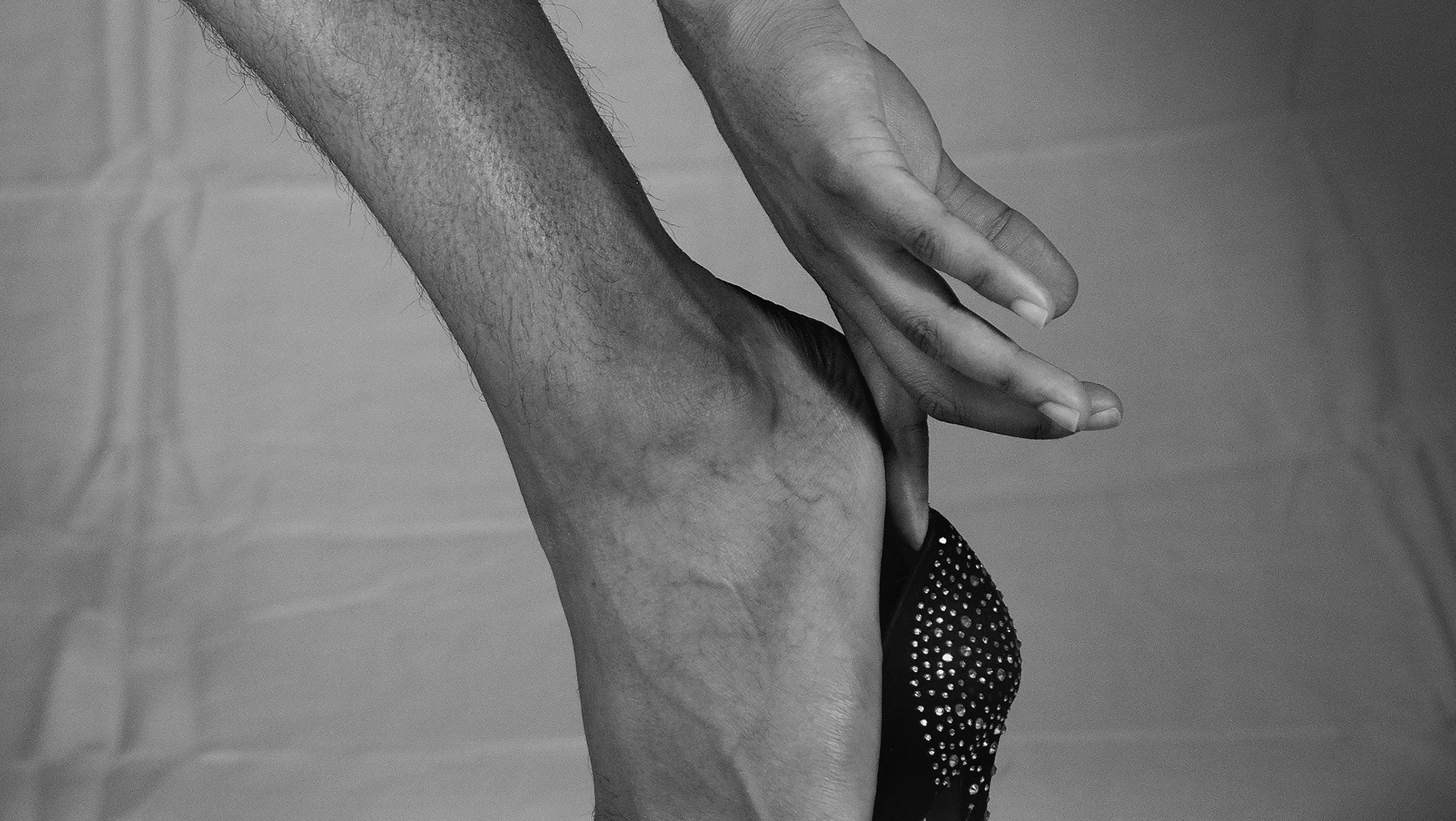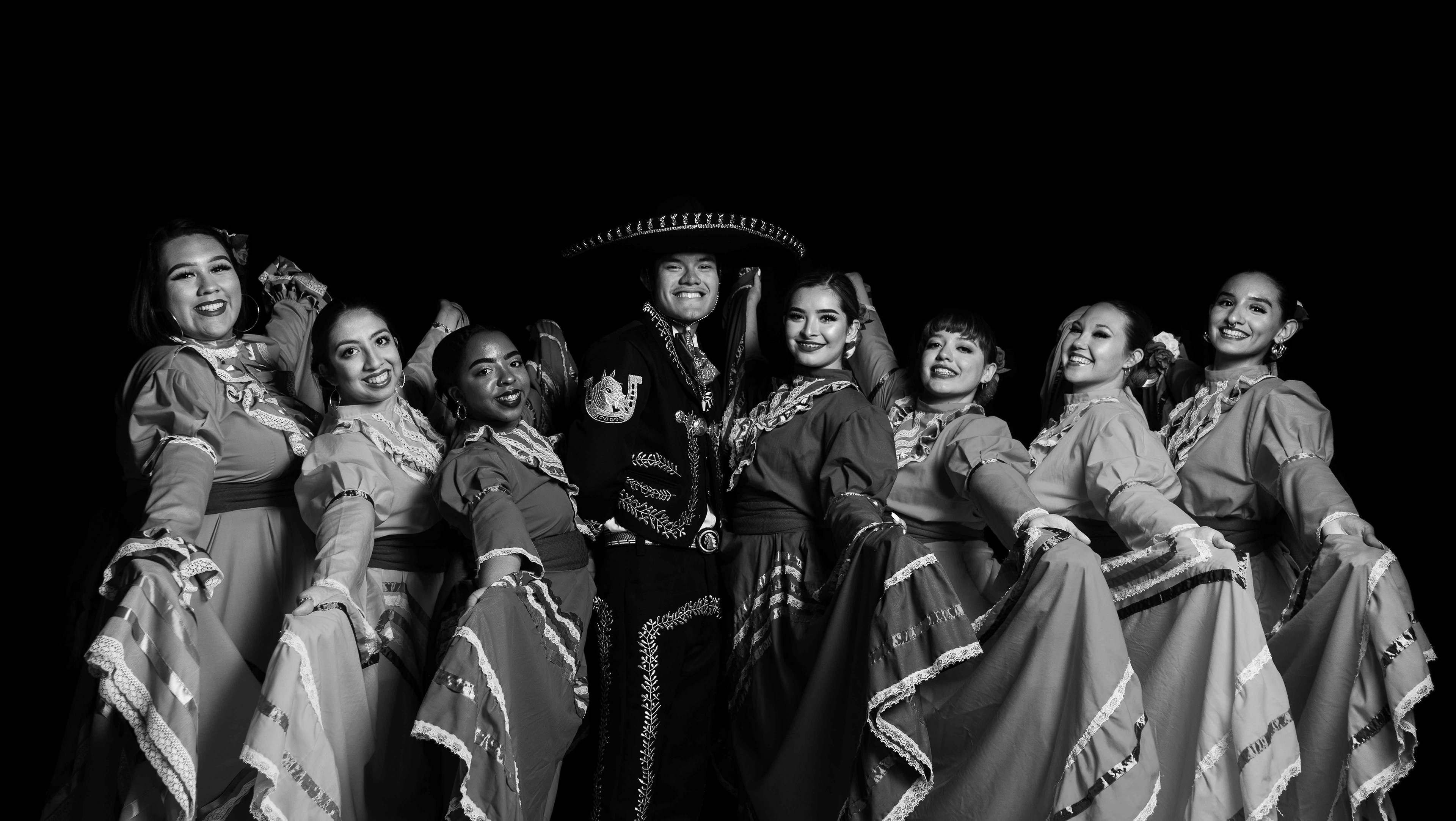GIVING UNDERREPRESENTED PEOPLE agency is at our core. It is our pleasure to introduce our very first interviewee, Jackie Brown. She discusses traumas around Multiethnicity, discrimination against women of color and the lack of representation within education & the fashion industry.
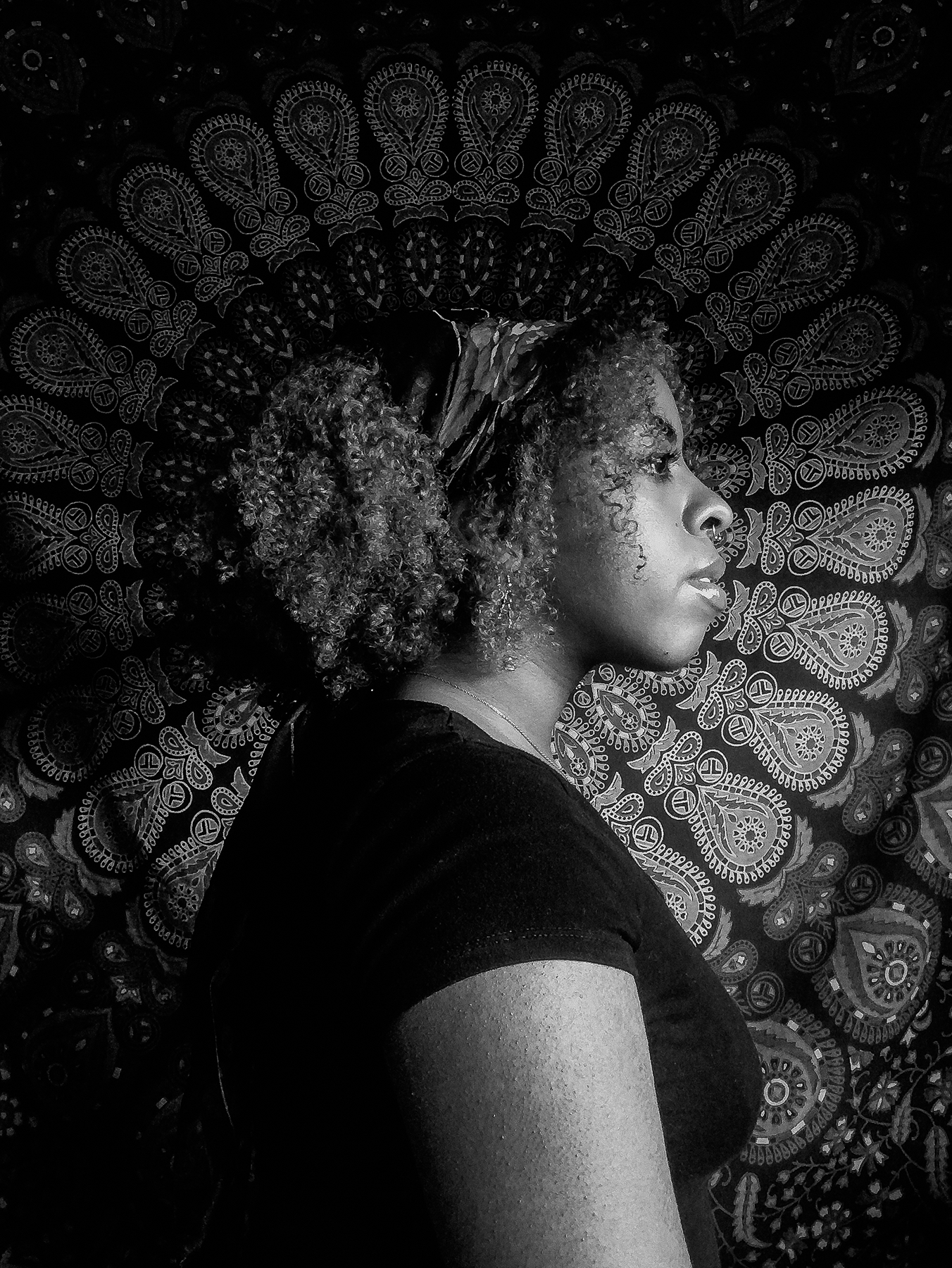
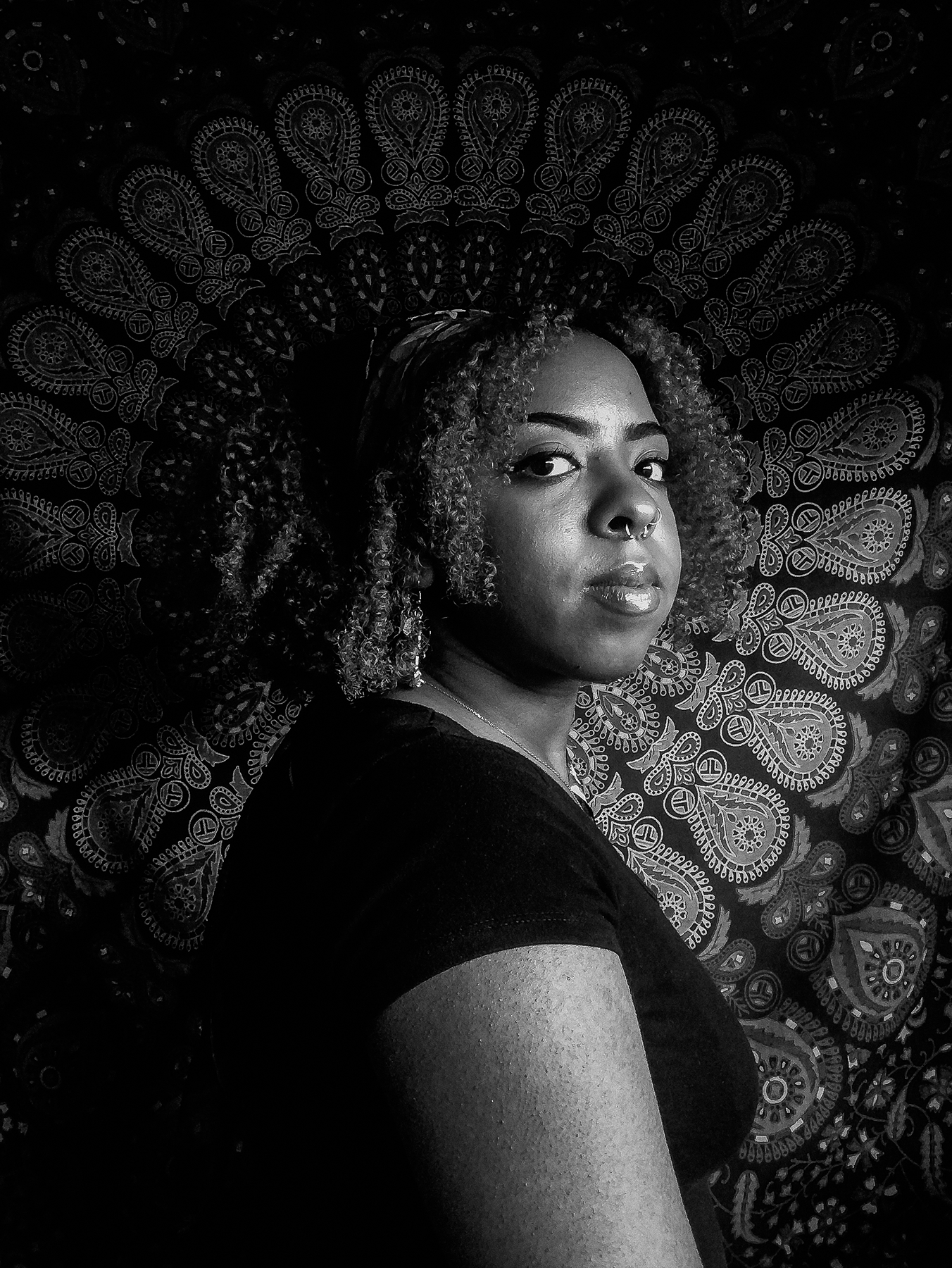
MBS: Tell me a bit about yourself. Who are you? What is your name? Where you are from and what is your ethnic background?
JB: I’m Jackie! I’m Black & Hispanic and I was born in Albuquerque, New Mexico but I was raised in Dallas, Texas.
MBS: Are you in school? If so, what are you pursuing? What intrigued you about pursuing this career path?
JB: I’m currently finishing my last semester at UNT [The University of North Texas] where I’m pursuing a degree in Fashion Merchandising with a minor in Consumer Experience Management. My love of fashion and retail led me to this career path. Also, knowing about what consumers want and how to gauge that usually intersects with social media, which I understand thoroughly and am an avid user of.
“I think being Multiethnic did come with some form of microaggressions from my peers, which led to them excluding me.”
MBS: How many of your professors teaching degree-specific classes are of color? Do you believe that having professors of color can provide broader understanding of fashion and maybe even instill a greater sense of cultural confidence?
JB: I believe only two in my college are BIPOC. I do believe that having professors of color can open students’ minds to race relations/current events and how they are affecting fashion and vice versa. Also, bringing light to fashion’s Eurocentric beauty standards and what we can do as consumers and creators to be more inclusive in fashion and beauty.
MBS: Have you been discriminated against as an individual or your individual freedom? Have you experienced discrimination for being Multiethnic?
JB: Not openly, but you never know what motivations people have for treating you poorly. And I have experienced some bullying for being mixed in elementary school. People would always call me ugly and push me around. I also had some trouble making really good friends because Black kids would call me White and Hispanic kids didn’t really mess with me because I didn’t speak [Spanish] fluently. The main thing was me getting called ugly though. I think being Multiethnic did come with some form of microaggressions from my peers, which led to them excluding me. Growing up was a little difficult for me because of this. I didn’t really know where I belonged.
MBS: What are your thoughts on discrimination towards women of color in the fashion industry?
JB: I hate it of course. Because WOC are so beautiful and underrepresented, specifically Black women and dark-skinned Black women even more so.
MBS: Have there been instances where you felt or had to fit into White standards?
JB: I had felt that way from when I was a kid and got my first relaxer to the time that I started watching Black women on YouTube with natural hair and being proud of it. I hadn’t even realized that White beauty standards had brainwashed me into thinking natural hair wasn’t cute until I discovered Black YouTube — that’s when my world view started shifting.
MBS: Do you believe that BIPOC, especially women, are expected to exist within White constructs?
JB: Of course, that’s the whole reason we have controversies about companies and schools [discriminating] against natural Black hairstyles and protective styles. Society is so used to Eurocentric beauty that they’re trying to erase Blackness. This phenomenon isn’t restricted to Blackness or hairstyles either but extends to freedom of religion and religious practice. Women of religions such as Islam are discriminated against every single day, especially if they wear cultural clothing. It’s all about erasure and assimilation, even if people don’t want to admit it. Americans have been normalizing Christianity and other Eurocentric standards for so long that they are immediately discomforted by anything that deviates.
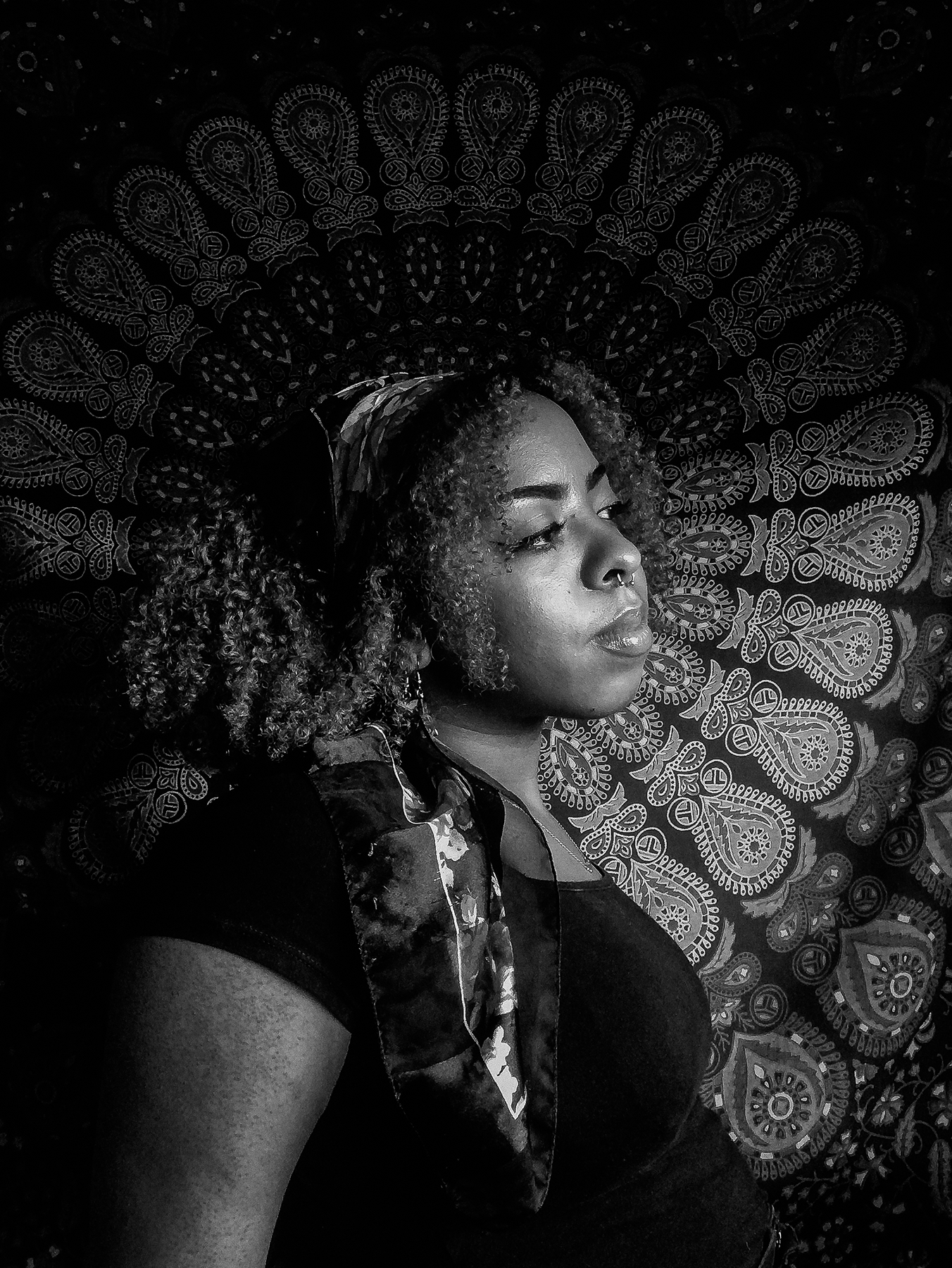
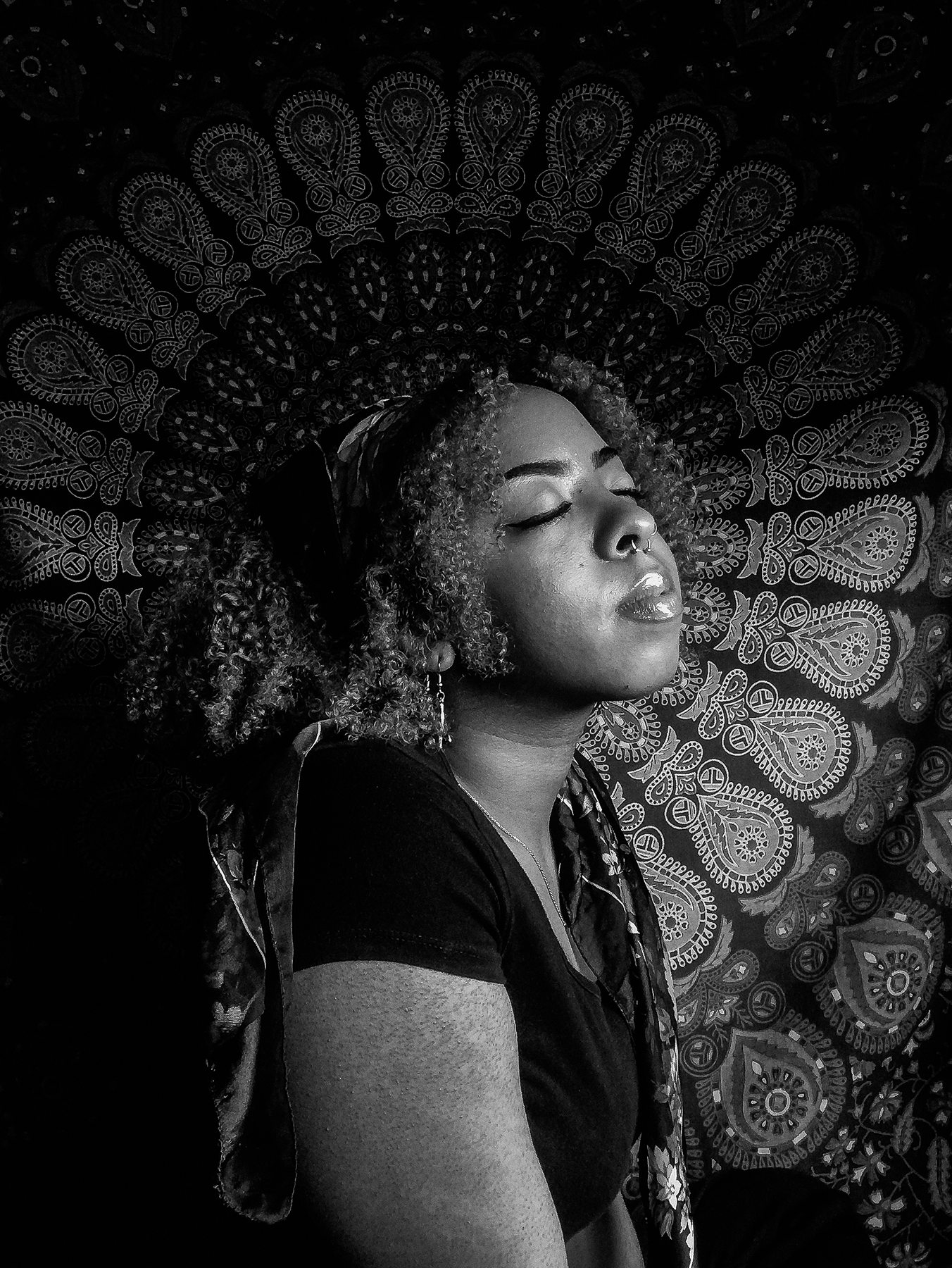
MBS: You’re currently a part of the Folxlórico dance group at UNT. Tell me about what interested you to be a part of this organization and what kind of significance it holds for you?
JB: I was interested in Folxlórico when I first saw the organization perform at the UNT “Yell Like Hell” event. The dances they performed reminded me of watching Flamenco dancers on TV when I was younger. But what now even more-so interests me in being a part of this organization is the inclusivity of all gender-representations, sexual orientations and ethnic backgrounds. It’s truly a safe space on campus in my opinion and we treat each other like family, which makes it way easier to be away from home for a lot of our members.
MBS: What are your thoughts on cultural fashion and its appropriation by many fashion designers and advertisers in the industry?
JB: I don’t believe cultural appropriation of clothing should be as popular as it is. It’s been so normalized in the fashion industry and it’s really upsetting to see. I also feel like it’s not really taken seriously by a lot of designers because appropriation has happened for a long time, even now, and I don’t see it getting much better in the future. It’s like most designers and brands just see fashion as fashion and not as culturally important just because their fashion holds no cultural significance to them. Kind of like if White Americans wore traditionally African prints and patterns, they probably wouldn’t see it as culturally important to Africans because White Americans don’t have a particularly strong traditional dress of their own, if that makes sense.
“darker complexions are & have been underrepresented in the media since the beginning.”
MBS: Many people believe that someone’s color does not play a role in how they get a job and should not blame shortcomings on ethnicity. Do you think ethnicity plays a role in opportunities available for people wanting to work in or already working in fashion? Do you think it is easier for a White person to get a job in general compared to someone who is Latinx, Black or Multiethnic?
JB: Yes, ethnicity does play a roll. To start off, if you look up famous fashion designers or brands, all of the top images, names or owners are White. Also, all opportunities are accepting to White people, it’s only POC who had to literally have laws made in order to make job opportunities — along with other things — fair, or fairer. And that definitely translates to the fashion industry because our world is Eurocentric and heavily based off of those standards. So, if your designs or whatever you’re working on aren’t focused around White standards, it’s going to be much harder to gain popularity in the industry or even hold a position with a fashion company unless you look for brands with diversity matters as one of it’s core principles.
MBS: What are your thoughts and feelings towards mainstream publications like Harper’s BAZAAR and Vogue as well as how they portray people of color? Do you believe they help people of color gain genuine recognition in the fashion industry or are they represented tokenistically?
JB: (1) Most publications are getting better at incorporating POC in their magazines overall but it’s still not realistic enough for me and many others. Comparing just the 2019 covers of Vogue and Harper’s BAZAAR magazines, there still isn’t nearly enough POC. And even where there is POC, there is not enough color diversity. (2) This is where I believe the issue lies — darker complexions are and have been underrepresented in the media since the beginning. And this is across all races — Black people, Natives, Asians, Latinx, etc are most commonly represented by those of lighter complexion. When’s the last time you saw a dark skin Asian represented in the media? I can’t name a single instance. And there are only a handful of dark skin Black people in the media at a time. (3) Darker skinned people are represented tokenistically while lighter-skinned people are more common but at the same time it’s still helping BIPOC get into the fashion industry. It seems like Harper’s BAZAAR is always just using Rihanna consistently and then a couple other lighter-skinned minorities that look similar.
MBS: Is there anything that you face, have faced, or believe you may have to face when entering the industry upon graduation?
JB: I’ve been lucky enough to not have any real social challenges but I believe that I will when I go into corporate America since it is a primarily White field that has a high percentage of older, ignorant, White people. People who haven’t had many POC living around them/working in the same space as them will most likely be more insensitive and have some microaggressions that they’re not even aware of but that doesn’t mean I won’t correct them. I will also be relatively young when I enter the workforce and inexperienced, so there’s always that barrier. ■
ABOUT THE INTERVIEWEE
Jackie Brown is a college graduate from the University of North Texas with a passion for fashion and the arts. Through mediums such as her DONE article above and social media platforms, she is focused on bringing queer, Black, Indigenous, and other POC beauty to the forefront of the fashion industry — as well as traditional and online media. In her free time, she enjoys decorating and redecorating spaces in her home, posting song covers and other videos on her YouTube channel, ranting and posting humorous content on her twitter. Follow her on Youtube & Twitter.

